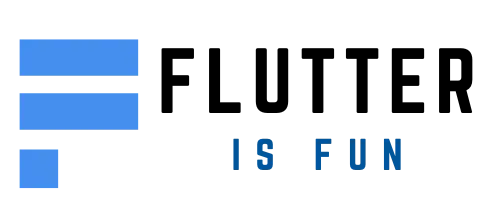In this article, we will discuss how to open a particular screen when clicking on a push notification in a Flutter app.
Prerequisites
To implement this feature, you need to have the following prerequisites:
- Firebase Cloud Messaging (FCM) set up for your Flutter app.
- A working understanding of Firebase and FCM concepts.
Step 1: Set Click Action in Payload Data
To receive the message in the onMessage handler, you need to set click_action to “FLUTTER_NOTIFICATION_CLICK” in the data section of a payload. The format for this should be as follows:
DATA='{
"notification": {
"body": "this is a body",
"title": "this is a title",
},
"data": {
"click_action": "FLUTTER_NOTIFICATION_CLICK",
"sound": "default",
"status": "done",
"screen": "screenA",
},
"to": ""
}'
Step 2: Receive Message in onMessage Handler and Navigate to Desired Screen
In the onMessage handler, you can call Navigator.of(context).pushNamed(message[‘screen’]) to navigate to the desired screen. However, if you don’t have a BuildContext at that point, you can register a GlobalKey as the navigatorKey property of your MaterialApp, and use it to access your Navigator globally via GlobalKey.currentState.
Here’s an example code snippet:
Future_firebaseMessagingBackgroundHandler(RemoteMessage message) async { print("onBackgroundMessage: $message"); } class HomeScreen extends StatefulWidget { @override _HomeScreenState createState() => _HomeScreenState(); } class _HomeScreenState extends State { @override void initState() { super.initState(); FirebaseMessaging.onBackgroundMessage(_firebaseMessagingBackgroundHandler); FirebaseMessaging.onMessage.listen((RemoteMessage message) async { print("onMessage: $message"); if (message.data["navigation"] == "/your_route") { int _yourId = int.tryParse(message.data["id"]) ?? 0; Navigator.push( navigatorKey.currentState.context, MaterialPageRoute( builder: (context) => YourScreen( yourId:_yourId, ))); }); } }
Step 3: Migrate to Latest Firebase Messaging Version
If you’re using an older version of Firebase Messaging before Null Safety, here are the steps to migrate:
- In your pubspec.yaml file, update the following dependencies:
firebase_core: ^0.7.0 firebase_messaging: ^8.0.0-dev.15
Futuremain() async { WidgetsFlutterBinding.ensureInitialized(); await Firebase.initializeApp(); await FirebaseMessaging.instance.setForegroundNotificationPresentationOptions( alert: true, badge: true, sound: true, ); runApp(new MyApp()); } class MyApp extends StatefulWidget { @override _MyAppState createState() => _MyAppState(); } class _MyAppState extends State { ...
Future_firebaseMessagingBackgroundHandler(RemoteMessage message) async { print("onBackgroundMessage: $message"); } class HomeScreen extends StatefulWidget { @override _HomeScreenState createState() => _HomeScreenState(); } class _HomeScreenState extends State { @override void initState() { super.initState(); FirebaseMessaging.onBackgroundMessage(_firebaseMessagingBackgroundHandler); FirebaseMessaging.onMessage.listen((RemoteMessage message) async { print("onMessage: $message"); });
Conclusion
In this article, we have discussed how to open a particular screen when clicking on a push notification in a Flutter app. We covered the prerequisites for implementing this feature and provided step-by-step instructions for setting up Firebase Cloud Messaging, navigating to desired screens, and migrating to the latest version of Firebase Messaging.





